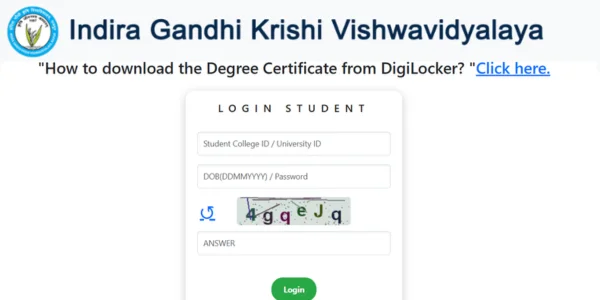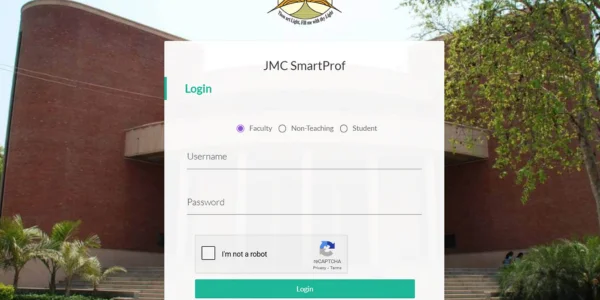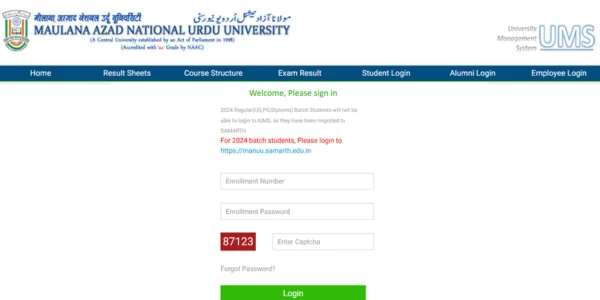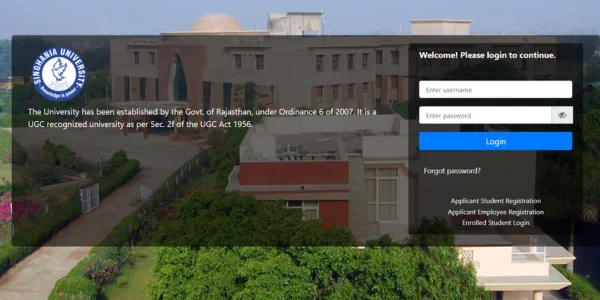IDD course full form is Intellectual and Developmental Disabilities. This term is commonly associated with specialized educational programs designed to train educators and professionals to support individuals with intellectual and developmental disabilities.
Course Overview
One prominent program in this field is the Diploma in Education – Special Education (Intellectual and Developmental Disabilities), abbreviated as D.Ed. Spl. Ed. (IDD). This diploma aims to prepare special educators to work effectively with children who have intellectual disabilities, autism spectrum disorders, and specific learning disabilities. The curriculum is structured to provide both theoretical knowledge and practical skills necessary for inclusive and specialized educational settings.
Course Structure and Duration
The D.Ed. Spl. Ed. (IDD) is typically a two-year program, divided into four semesters. The course encompasses a range of subjects, including:
- Foundations in Special Education: Understanding the historical, philosophical, and legal bases of special education.
- Child Development and Learning: Studying the developmental stages and learning processes of children with disabilities.
- Assessment and Identification: Learning various assessment tools and techniques to identify and evaluate disabilities.
- Curriculum Designing and Adaptation: Developing and modifying curricula to meet the diverse needs of learners.
- Behavior Management: Strategies to manage and support positive behaviors in educational settings.
- Inclusive Education Practices: Promoting inclusion and understanding the dynamics of teaching in inclusive classrooms.
Practical components include hands-on training sessions, internships, and workshops to provide real-world experience.
Eligibility Criteria
To enroll in the D.Ed. Spl. Ed. (IDD) program, candidates typically need to meet the following requirements:
- Educational Qualification: Completion of 10+2 or equivalent examination from a recognized board with a minimum aggregate percentage, which may vary by institution.
- Admission Process: Some institutions may conduct entrance examinations or interviews to assess the suitability of candidates for the program.
Career Opportunities
Graduates of the D.Ed. Spl. Ed. (IDD) program are equipped to pursue various roles, such as:
- Special Educator: Teaching and supporting students with intellectual and developmental disabilities in special or inclusive schools.
- Resource Teacher: Providing specialized instruction and resources within mainstream educational settings.
- Early Intervention Specialist: Working with young children to identify and address developmental delays early on.
- Rehabilitation Counselor: Assisting individuals with disabilities in achieving personal, social, and vocational goals.
- Advocacy and Policy Roles: Engaging in advocacy work or contributing to policy development for disability rights and inclusive education.
Conclusion
The D.Ed. Spl. Ed. (IDD) program plays a crucial role in preparing educators and professionals to meet the unique needs of individuals with intellectual and developmental disabilities. By providing comprehensive training that combines theoretical knowledge with practical experience, the course ensures that graduates are well-equipped to foster inclusive and supportive learning environments, thereby contributing significantly to the field of special education.




